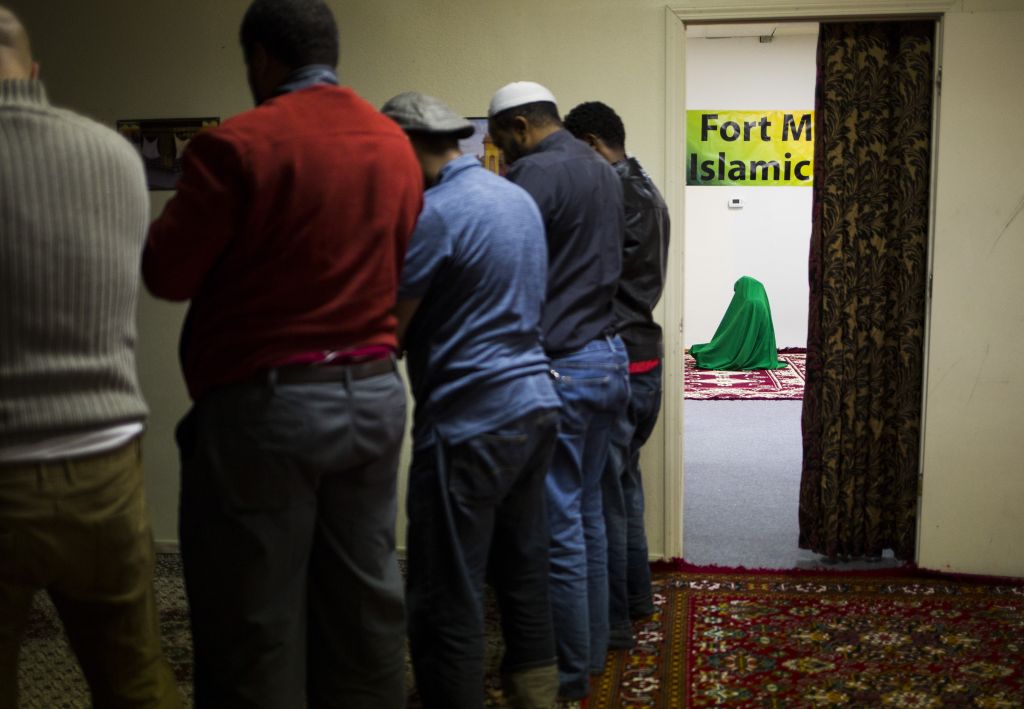Hawzah News Agency-Colorado’s Labor Department said Cargill appears to have changed its rules on employees taking prayer breaks at a meatpacking plant there, a finding that contradicts what the company has been saying about a situation that led to more than 100 Muslim workers losing or quitting their job late last year.
The state sided with the employees, who were mostly from Somalia, in case after case, finding them “not at fault” for workplace changes that led to the dispute. In doing so, the state decided to award unemployment benefits to 114 former Cargill workers who filed claims.
About 150 employees walked off the job at Cargill’s meatpacking facility in Fort Morgan, Colo., last December after being told they would no longer be allowed to take prayer breaks. Cargill, headquartered in Wayzata, said this was a misunderstanding and that it had not changed its policy at all.
Colorado labor department investigators concluded that “on Dec. 16, 2015, the employer changed its policy” to prohibit any prayer breaks, which was a major shift from its previous pattern of usually allowing workers to take a prayer break shortly after making a request.
The employees’ supervisor told the workers that “upper management” had directly ordered the change. Workers had a subsequent meeting with management and were told the same thing, according to the documents.
After top managers said that religious breaks would be severely curtailed, dozens of employees walked out of the factory in December thrusting the livelihoods and the fate of a business into limbo.
Jaylani Hussein, executive director of the Council on American-Islamic Relations, Minnesota, said, “We welcome this victory for the Muslim workers and hope it will assist them in some small way as they continue to face economic hardships acutely suffered since Cargill changed its prayer policy.”
The investigation ordered by Colorado regulators also illuminated racial tensions between the Somali workers and union leaders. Local 455 of the International Brotherhood of Teamsters represents the Fort Morgan plant’s workers, but as one decision order stated, “The Somali workers went to the union but the union did not take action.”
Of Cargill’s 2,100 employees at its massive Fort Morgan complex, about one-third are African immigrants or children of African immigrants. Most of the workers are Hispanic.

